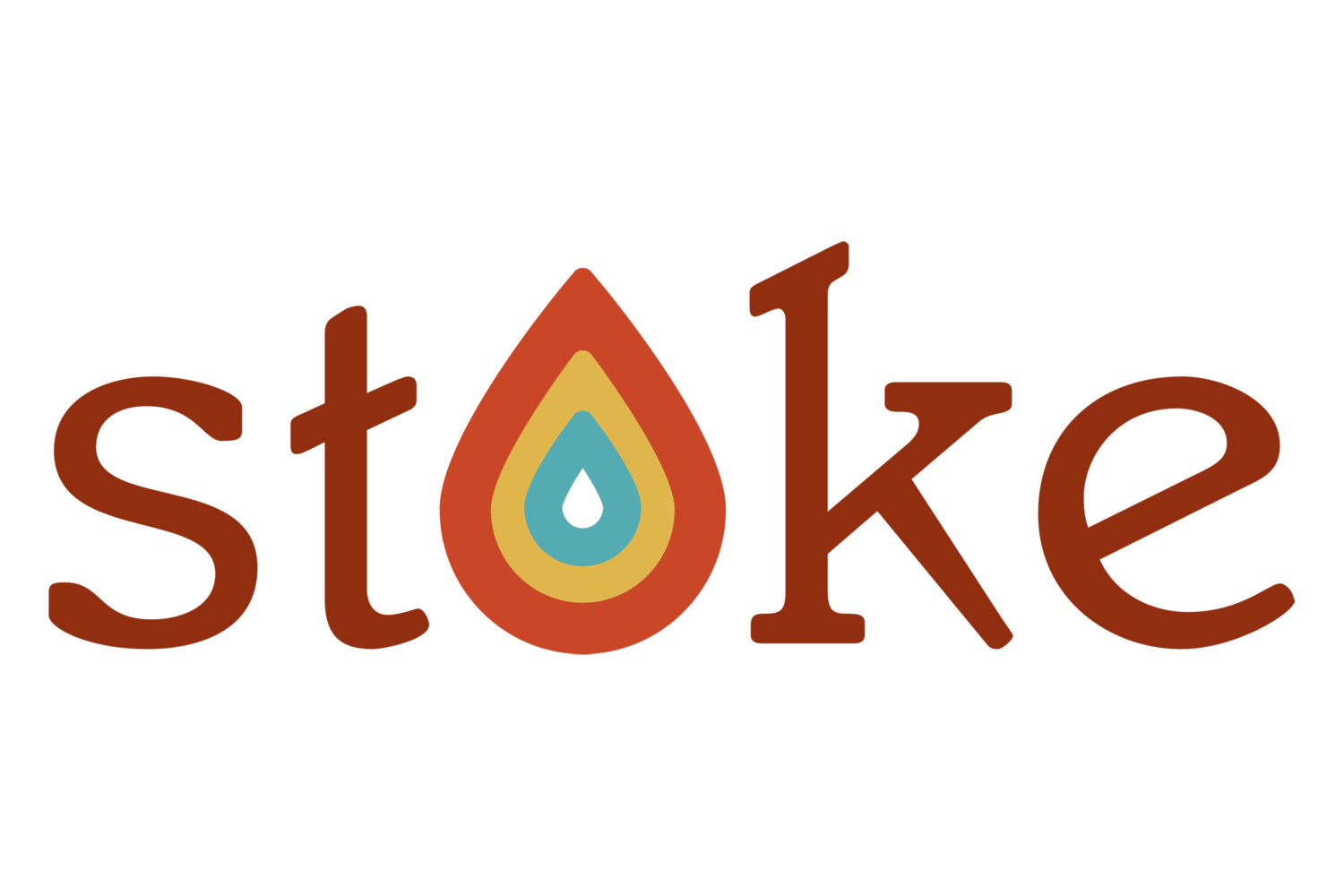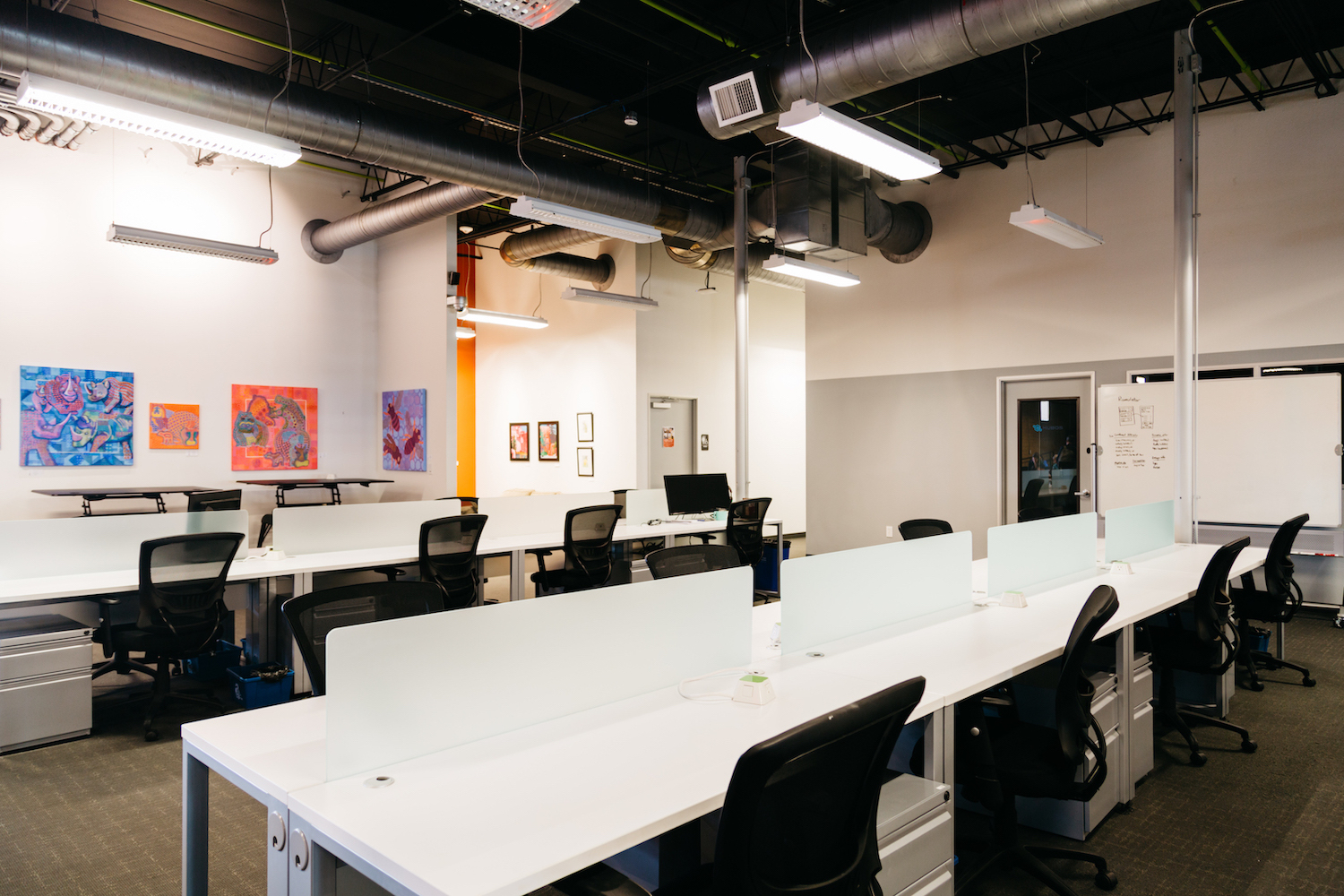Originally published May 2019, updated July 2020
Coworking spaces offer business infrastructure (workspace, meeting rooms) and conveniences, (coffee at hand, printing/copying onsite) to companies and individuals for a new way and place to work.
In a coworking space, you’ll find people working diligently on their individual businesses, projects, and endeavors while sharing workspace. The idea of a shared workspace is often associated with misconceptions that include the following:
Working in a coworking space is like trying to work in a coffee shop.
If I’m renting space, I might as well rent an office.
Coworking space is expensive.
Only tech people, entrepreneurs, people in niche industries use coworking spaces.
Coworking is solely for self-employed individuals.
Millenials and young professionals make up most of the demographic in a coworking space.
People in coworking spaces are very social.
Coworking spaces only offer first come, first served space.
You can’t have private or confidential conversations in a coworking space.
It’s too noisy in a coworking space.
Despite these assumptions, coworking spaces are well-maintained, affordable workspaces where you can focus and work among people who are goal-oriented, motivated, and respect your time and space. In this blog, we dispel coworking myths and detail what you can actually expect.
Working in a coworking space is like trying to work in a coffee shop.
Coworking spaces do offer coffee, but you won’t have to struggle to take a phone call or lurk near the table closest to the only two easily accessible outlets available. You won’t run into people you know who want to chat while you’re trying to work, and you can avoid overhearing the interesting, but slightly too loud, conversations of the people several tables over. Coworking spaces have the energy and atmosphere of your favorite coffeehouse minus the distractions.
2. If I’m renting space, I might as well rent an office.
Leasing office space typically requires a long-term contract, whereas at Stoke and other coworking spaces that have private offices to rent, you’re able to sign shorter agreements, like month-to-month. Traditional office buildings might also lack amenities like a quality printer/copier or coffee, tea, and snacks, which you usually have to provide on your own. Coworking at Stoke provides the perks of an office (mailing address, printer/copier use, conference rooms), but without the long-term commitment and with varying membership level costs depending on what you need.
3. Coworking space is expensive.
Cost of membership covers your workspace and the conveniences you need to work efficiently and comfortably. Membership costs vary based on the type of access you need to a workspace and conference rooms, ranging from $75/month for infrequent access to $275/month for 24/7 access.
If you only need to come in a couple of times a month to use coworking space or conference rooms, virtual membership is $75/month for that access level. If you know that you work through the day into the evenings, and sometimes even on weekends, then dedicated membership that allows you 24/7 access with a key card might be better for you. Coworking membership and nights & weekends membership falls in-between these access levels.
Many coworking spaces have day passes or open house type days for you to try out coworking for free and feel out the atmosphere in the space.
4. Only tech people, entrepreneurs and startups, or people in niche industries use coworking spaces.
Many coworking spaces located in the center of their cities aim to support entrepreneurs and startups to promote growth in their town, but that doesn’t exclude other professionals and workers from utilizing the workspace and being part of the community.
Though many members do fall into the fields of web and app developers, startups, and entrepreneurs, anyone who needs a professional place to work or create can find their fit at Stoke. You’ll find people from different backgrounds and who work in a range of industries at coworking spaces. Freelancers, remote workers, podcasters, writers, and even graduate students utilize coworking spaces.
4a. Coworking is solely for self-employed individuals.
On the other hand, some believe that coworking spaces are mostly for freelancers or entrepreneurs who work for themselves (both of the small business owner and startup kind). Remote workers for national/international companies and teams can make use of coworking spaces, and use conference rooms and other areas for meetings or video conference calls. Coworking has actually become more group-oriented, rather than individual-focused.
4b. Millenials and young professionals make up most of the demographic in a coworking space.
Coworking spaces are not necessarily just for millennials or young professionals. The average age of coworking space members is a little over 36. With coworking spaces located in different places and serving populations of varying sizes, this average can actually range from 34 to 39.
Not only does the age of the average coworker vary, so do the stages of business within a coworking space. Startups, businesses in their growth phases, and those that are well established can be found at Stoke.
6. People in coworking spaces are very social.
The understanding for people in coworking spaces is that everyone around you is working on a task or a project, so there’s a degree of professionalism to interactions. Inhouse networking provides a lot of opportunity in coworking spaces for you to meet people who can complement your skills, can help you with a challenge, or suggest resources.
Stoke hosts member events like member huddles and happy hours so that you know the people that you’re working around. The social aspect of coworking spaces remains professional and appropriate for an workplace setting.
7. Coworking spaces only offer first come, first served space.
Dedicated deskspace
At the coworking level, you might not have the same desk spot every day when you come in, so it’s first come, first served in that sense. You’ll always have workspace and access despite that variability. At Stoke, dedicated desk membership affords you a desk that’s solely yours and locking file cabinet. Other coworking spaces offer similar dedicated desk options.
Coworking facilities also offer spaces like conference rooms, phone call rooms, lounge areas, and standing desks, so that you’re not confined to working just at your desk and have different spots to meet with the team, clients, or just to work alone.
8. You can’t have private or confidential conversations in a coworking space.
Conference Room 3 at Stoke
Keeping your information and your clients’ information protected is important. Coworking spaces provide conference rooms, phone call rooms, and various breakout areas for you to chat with your team or a client without others listening in.
At Stoke, we have three conference rooms, a phone call room, and different meeting areas around the building. Additionally, we have secure and reliable wifi to protect your information.
9. It’s too noisy in a coworking space.
Space is organized so that people can meet and converse, take calls, and work independently without being interrupted or disrupting others. Pandemic times call for pandemic measures, so we’ve rearranged and de-densified the space so that members can maintain distance between themselves and others. There are designated phone call rooms and meeting spaces that mitigate noise levels at coworking spaces. Usually, there’s energy and a low hum, but it never gets louder than normal conversation.
If you haven’t been to Stoke yet, you can view our virtual tour or schedule a tour (no walk-in tours). Stoke is staffed from 9 AM to 5 PM each weekday by one of our three team members.






